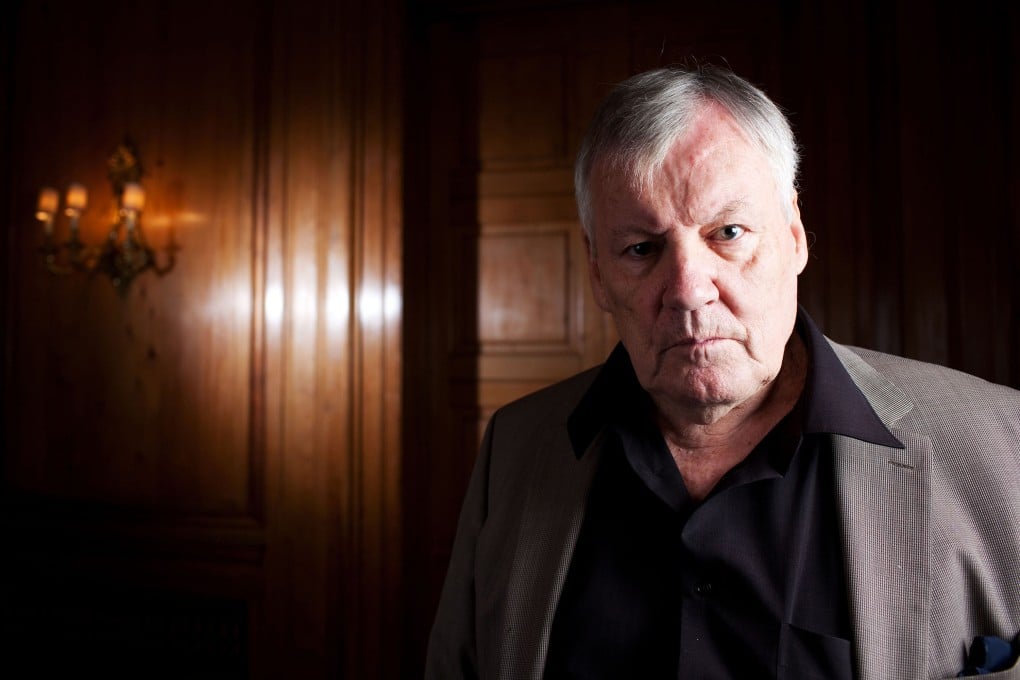My Take | Did the I Ching inspire the plot in The Eagle Has Landed?
- The bestselling classic World War II spy thriller by Jack Higgins, who died at the weekend aged 92, might have been a Jungian in-joke with the storyline revolving around the notion of synchronicity – or what many people call ‘superstition’

Henry Patterson, better known to millions of fans over the decades as Jack Higgins, introduced me to the spy novel. The Eagle Has Landed first came to me as a movie when my late father took me to watch it at a Wan Chai cinema. I didn’t want to go. Thanks to the utter linguistic and pedagogical incompetence of my English teachers at a so-called elite primary school, most of us could barely speak five words of the language. A foreign movie in English would have been completely incomprehensible to me. And at 10 or 11, I much preferred to watch Japanese cartoons on TVB.
But I was pleasantly surprised by the action and gunfights, especially towards the end when a platoon of US Army Rangers raided the church where the German paratroopers were making a last stand. Of course, I didn’t know what the story was about, let alone who Hitler was, or why he wanted to kidnap a fat guy with a fat cigar constantly in his hand or in his mouth.
I only knew the story when I picked up the novel in Canadian high school. Even back then, I thought it was peculiar to have referenced Jungian depth psychology and the notion of synchronicity. Now, I think that Jungian notion was central to the whole novel, and turned what was apparently a World War II spy thriller into a tragic-comedy of human fallibility and superstition. Jung, by the way, believed that the I Ching was the bible of synchronicity, both as theory and practice.
Consider this exchange at the beginning of the novel when Colonel Radl disclosed to his underling that Hitler wanted to kidnap Winston Churchill to Berlin.
Radl blew a cloud of smoke and looked up at the ceiling.
“Are you familiar with the works of Jung, Karl?”
“The Herr Oberst [Colonel] knows I sold good beer and wine before the war.”
“Jung speaks of what he calls synchronicity. Events sometimes having a coincidence in time and, because of this, the feeling that some much deeper motivation is involved.”
